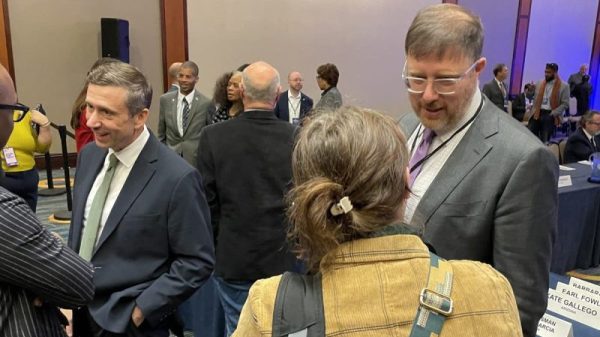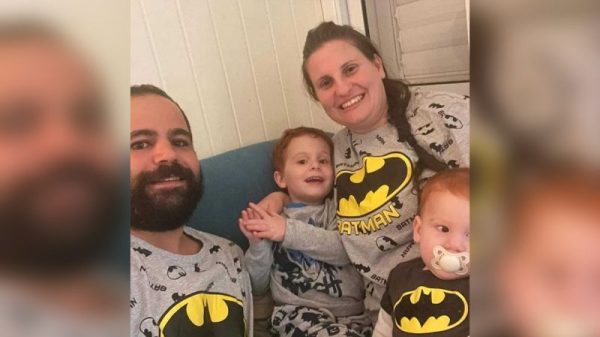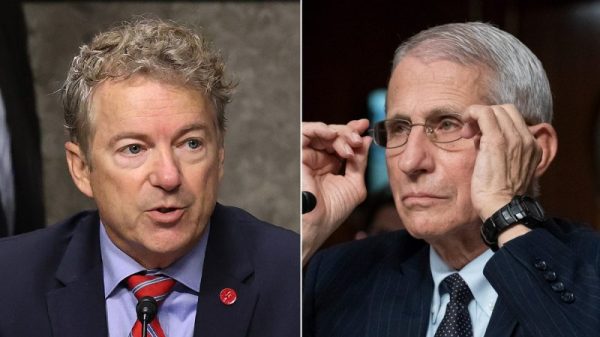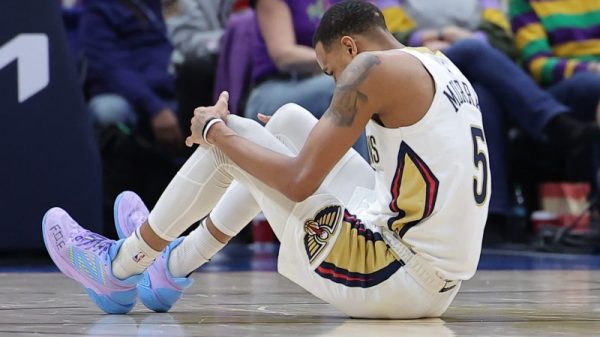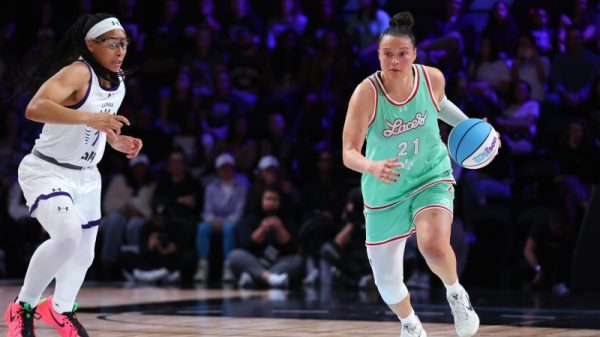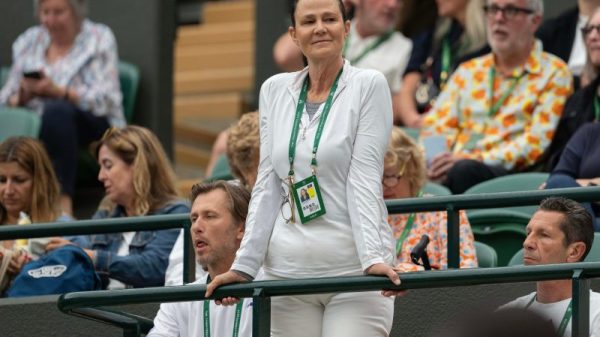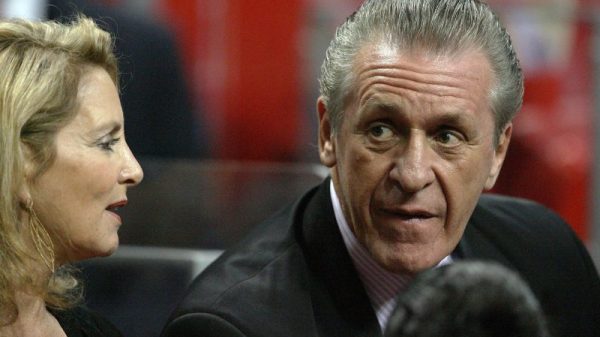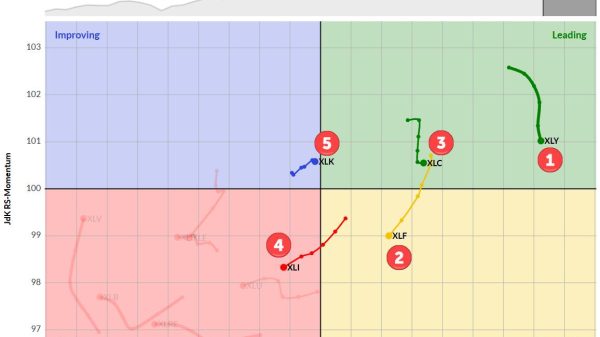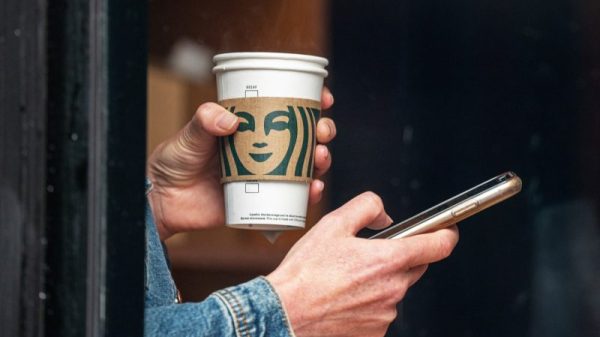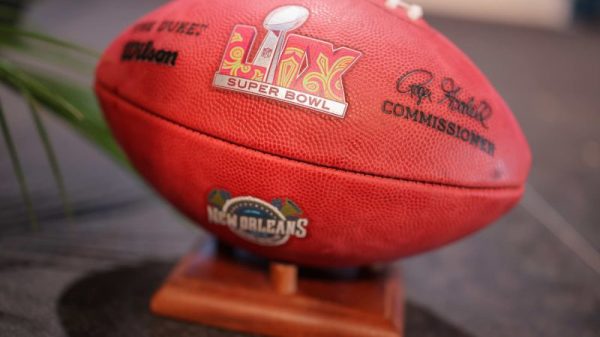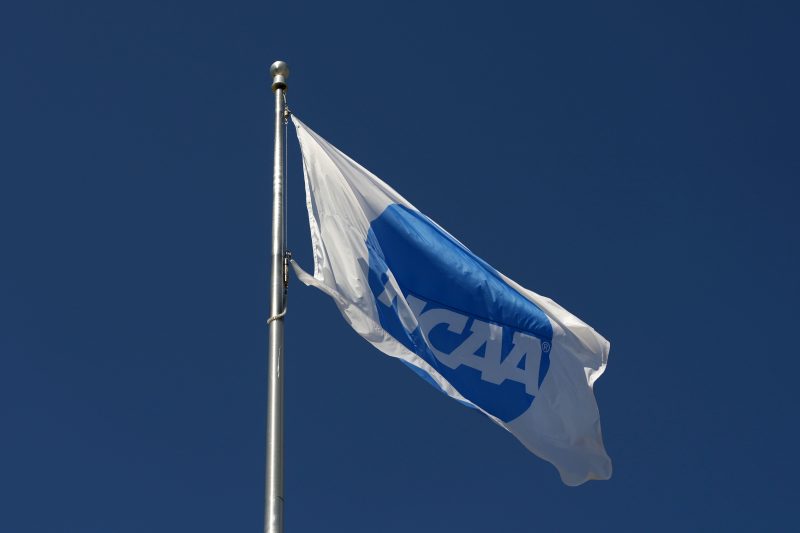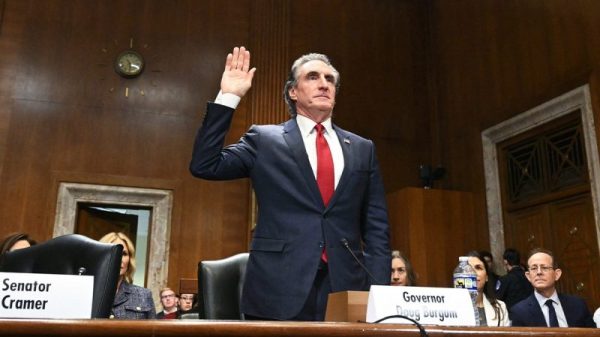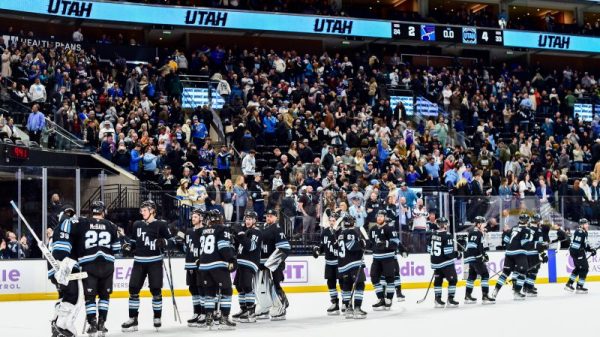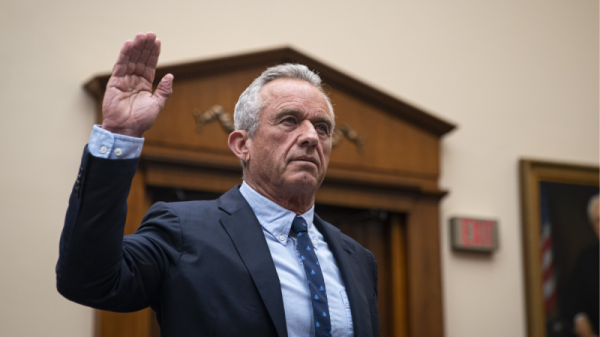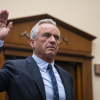After largely withstanding written and oral arguments from a handful of lawyers opposing preliminary approval, the proposed multi-billion-dollar settlement of three athlete-compensation antitrust cases against the NCAA and the Power Five conferences now faces numerous organized objections and individual pleas as a federal judge in Northern California weighs whether to grant final consent.
More than 35 formal objections or comment letters were filed before the deadline for such submissions passed on Friday night at 11:59 Pacific Time. Among the most prominent athletes to object was current LSU gymnast and noted social-media influencer Olivia Dunne.
Dunne’s filing, on Friday, was not presented by a law firm acting on her behalf, and she did not identify herself by school or sport. But an LSU athletics spokesperson confirmed to USA TODAY Sports that Dunne had made the submission, which included seven detailed bullet points and a request that she or her lawyer be heard during the final approval hearing April 7.
Meanwhile, lawyers representing a group of 76 athletes who have opted out of the proposed settlement on Friday started a new antitrust lawsuit against the NCAA and the conferences. With former Mississippi State running back Kylin Hill as the lead plaintiff, it was filed in the same district in Northern California as the ongoing cases and several prominent past cases against the NCAA.
The proposed settlement agreement would involve a $2.8 billion in damages pools for current and former athletes over a span of 10 years and set the stage for a fundamental change in college sports — Division I schools being allowed to start paying athletes directly for use of their name, image and likeness (NIL), subject to a per-school cap that would increase over time.
Also part of the arrangement would be rules changes for schools that opt in to making NIL deals with their athletes. Longstanding, sport-by-sport scholarship limits would be eliminated for those schools and replaced with a new set of roster-size limits, as early as the 2025-26 school year. The limits likely would result in hundreds, if not thousands, of current Division I roster spots being eliminated.
In addition, while athletes would continue to have the ability to make NIL deals with entities other than their schools, the settlement would allow the NCAA to institute rules designed to give the association greater enforcement oversight of those arrangements.
This has prompted a broad array of disagreements with the deal, dozens of which were detailed in both general and highly legalistic ways across the spread of filings. The most prominent and repeated ones are:
The impact on athletes who soon stand to lose their places on teams, and whether the roster limits could be imposed over several years instead of all at once.
Whether the proposed method for allocating a sizable part of the overall damages amount discriminates against female athletes in violation of the gender-equity law, Title IX, and sets the stage for allocations of NIL money from schools going forward in a fashion that violates Title IX. The damages allocation at issue would dramatically favor football and men’s basketball players.
The per-school cap on pay for NIL use replaces one illegal restraint on compensation with another.
Whether the plaintiffs’ lawyers — who could be positioned to receive more than $750 million in attorney’s fees and costs — could adequately represent the interests of all of the athletes involved in the case, given their varying interests of former, current athletes and future athletes; athletes on full scholarships, partial scholarships or no scholarships.
The objection documents and comment letters came from athletes, former athletes and parents of athletes, some of whom told detailed personal stories.
Many of the athletes had no name recognition. But in addition to Dunne, recent Boston College starting quarterback Thomas Castellanos, now at Florida State, had an objection filed on his behalf. Former Kansas basketball player Frank Mason III is involved with one; so is Chuck O’Bannon, the former TCU basketball player whose uncle, Ed, was the lead plaintiff in another prominent case against the NCAA.
Ed O’Bannon’s lead lawyer in that case is directing an objection in this one. Other attorneys of prominence in the Title IX and sexual harassment fields are involved, and several veteran sports economics experts are playing supporting roles. Even a handful of current college coaches submitted declarations in support of an objection.
The federal government — at least for the moment — also is in the mix. It’s involved directly through a filing in the case from the Justice Department’s Antitrust Division three days before President Donald Trump’s inauguration that said final approval should be denied or include specified conditions. It’s involved indirectly, through documents issued by the Education Department’s Office for Civil Rights (OCR) regarding the application of longstanding Title IX policies to direct payments from schools to athletes for use of their NIL.
Whether the government will remain involved under the new Trump Administration is unclear. None of the three most highest-ranking Justice officials whose names are on that filing are still with the department, according to the department website and/or their LinkedIn profiles and messages. At the Education Department, the OCR’s leadership has been replaced.
Regardless, will any of this persuade U.S. District Judge Claudia Wilken?
A number of the arguments being advanced in the objections were tried in the preliminary-approval phase (those lawyers are back, too) and during a hearing, Wilken largely waved them off. She did end up saying she would not approve the original version of the proposed settlement — but for set of reasons that differed from those expressed in the oppositions.
When lawyers for the plaintiffs and the NCAA who crafted the proposed settlement addressed Wilken’s concerns in an adjusted version of the agreement, she moved it ahead to this final phase.
And Steve Berman, one of the plaintiffs’ lead attorneys, told USA TODAY Sports on Friday night that he is “not concerned” about the objections.
‘A lot of the objections are reiterations of what (Wilken) saw and overruled in preliminary approval,” although he noted that this time some of these issues have been addressed in greater detail and buttressed with expert backup.
“With something as emotional at this, people are not all going to agree. But is the overall settlement fair? I think she’s going to say, ‘Yes.’ ”
However, Berman was certain about how his side will approach the response to the objections that it must file by March 3.
“We’re coming out swinging,” he said.
The USA TODAY app gets you to the heart of the news — fast. Download for award-winning coverage, crosswords, audio storytelling, the eNewspaper and more.

